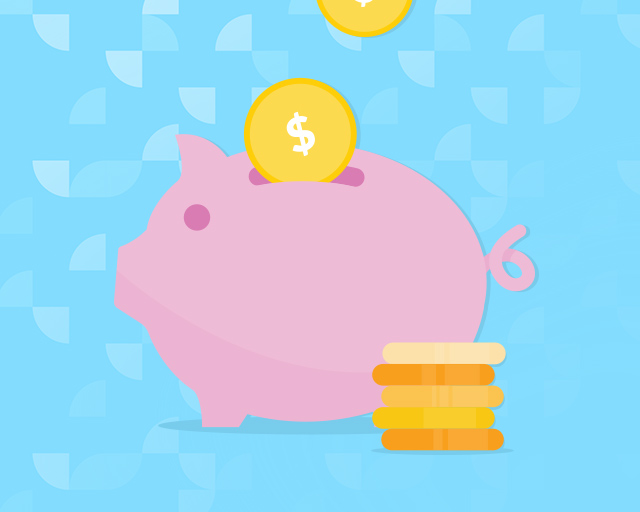

When you think about moving, the first thing you might consider is where you’re going to live. The next thing you think about is whether you’re going to rent or buy. We’ll look more closely at each option, and hopefully help you figure out what might be best for you.
buying a home
If you’re considering buying a home or a condo, review your financial situation. The first, and most important thing to look at is what you might be able to afford. There are tons of free resources online to help you figure it out. You may think being able to afford a mortgage payment is all you need to consider when buying a home, but there are a lot of costs besides the mortgage. Other things that you need to consider could include property taxes, home maintenance and repairs, emergencies and more.
Because of these extra expenses, you’ll want to make sure your finances are in solid shape. It’s good to have 3 to 6 months of emergency savings for surprise home repairs and other emergencies. It’s also good to have your debt-to-income (DTI) ratio under control. Your DTI is basically your monthly debt payments divided by your monthly gross income, and it’s one of the things lenders look at when you apply for a mortgage. As an example, besides your housing-related expenses, DTI also factors in student loans, auto loans and credit card payments, among others.
Another expense to think about when buying is that you almost always have to make a down payment. This can be as low as 3%, but keep in mind that if you only put a small amount down, you’ll likely have to pay private mortgage insurance (PMI). PMI means you’ll pay more on your loan in the long run because it’s an extra expense added to your monthly mortgage. Waiting until you have a larger down payment to potentially avoid PMI can save you more over time.
So, about that mortgage. To get approved, your credit should be in decent shape. Credit determines your mortgage interest rate, and if you’ll even get approved for a loan in the first place, so it’s good to have healthy credit.
Another thing to consider is that there are a lot of one-time expenses when buying a home, such as realtor fees, title insurance and more.
You might be saying after reading this, is buying a home a negative experience? No! While there are a lot of factors to consider, there are plenty of benefits to buying a home. Buying a home gives you and your family pride in ownership and a feeling of stability. You can do what you want to your home to improve it and make it your own. There are tax deductions and credits when you own a home, as well as the opportunity to improve your credit. You also build equity, or value, in your home with every mortgage payment.
renting
If you’re thinking about renting, there are a lot of factors to think about.
When you rent, your monthly and yearly expenses can be pretty consistent. You’ll also have other expenses, such as utilities and groceries, but those don’t usually change much. This makes it easier to keep track of your finances.
Renting may cost less than homeownership up front. You may have to pay your landlord first and last month’s rent and a security deposit before you move in, but it’ll possibly be less than what you’d pay for a down payment. It could also cost less over the long term. Remember the property taxes, home maintenance and repairs we talked about before? When you rent, it’s likely that the landlord pays for all of it.
What are some other benefits to renting? You may have the ability to move around whenever your lease ends or sign a month-to-month lease for the ultimate freedom. If you don’t see yourself in one place for a long period of time, this is the perfect solution. You also don’t have the extra expenses when moving into a rental, such as closing costs, and those realtor fees and title insurance we talked about earlier. Most likely, the extra expenses you’ll have to be responsible for will be utilities, and your standard monthly expenses.
There are plenty of pros to renting, but what are some of the cons? You won’t build the equity and credit history that you would with buying, and there aren’t really any tax benefits. You usually can’t make changes to your place, such as painting the walls or changing out the light fixtures, without your landlord’s approval. Also, keep in mind that your landlord could increase the rent at any time, choose not to renew your lease or even sell the property, so these reasons are where renting isn’t as stable as buying.











